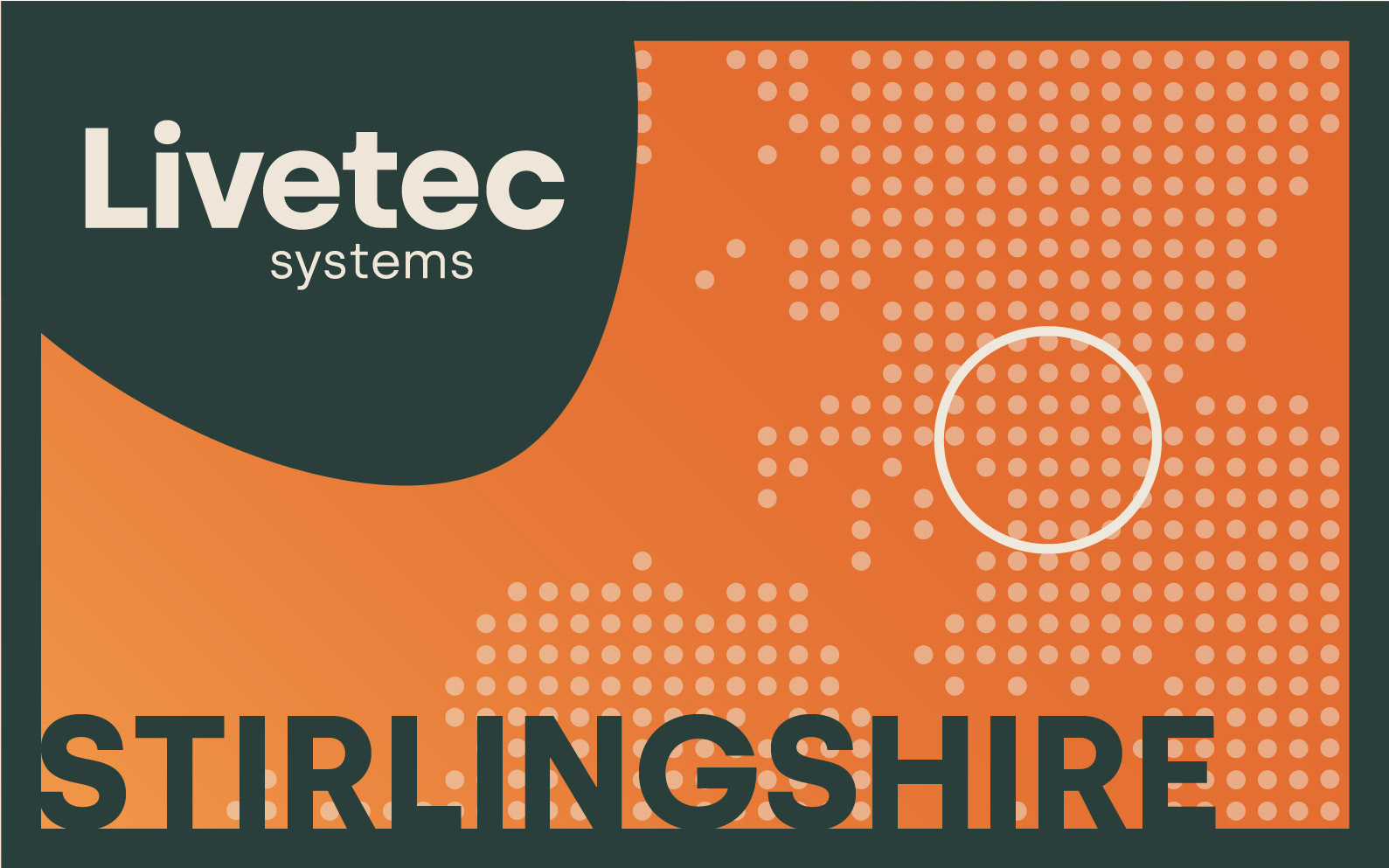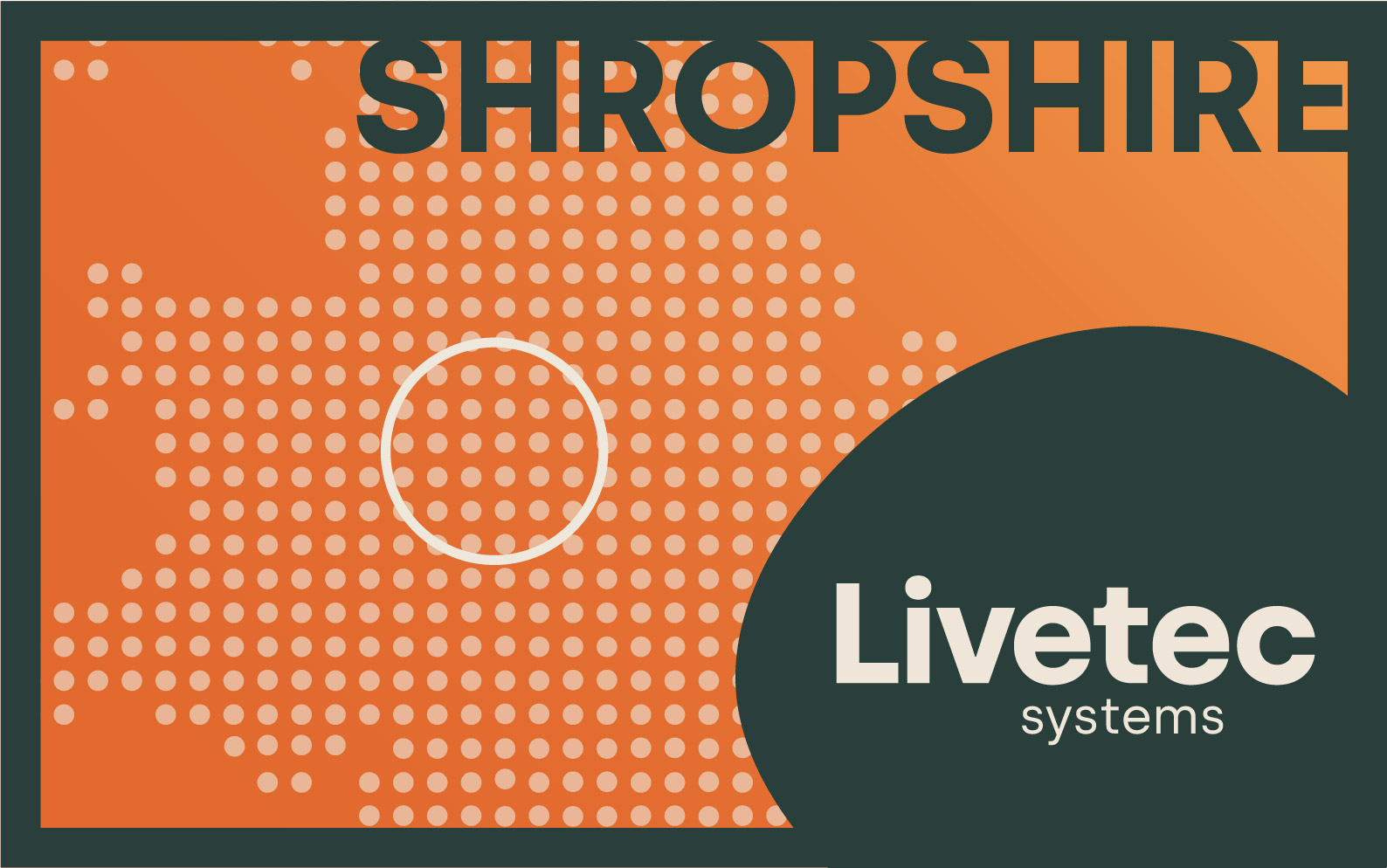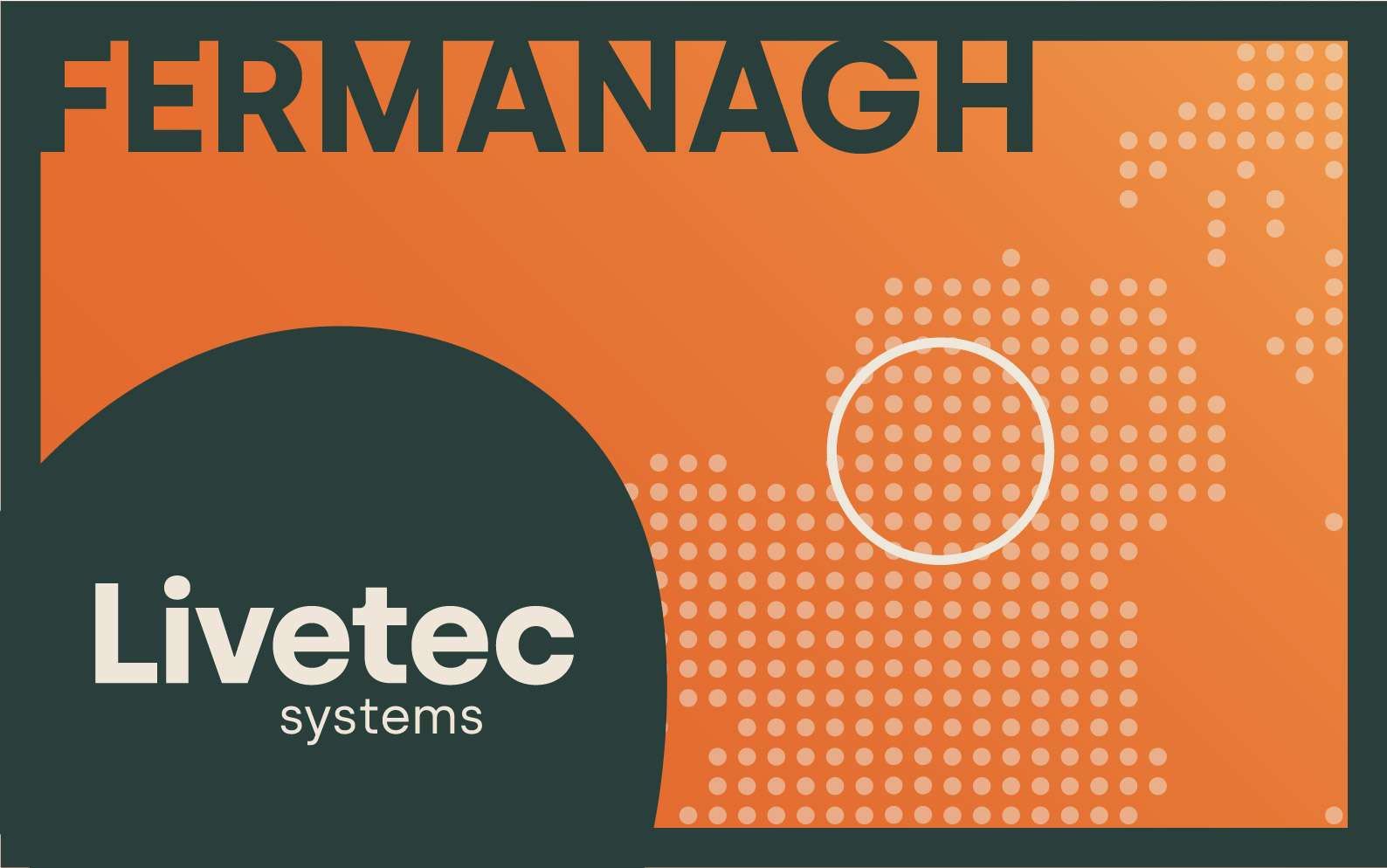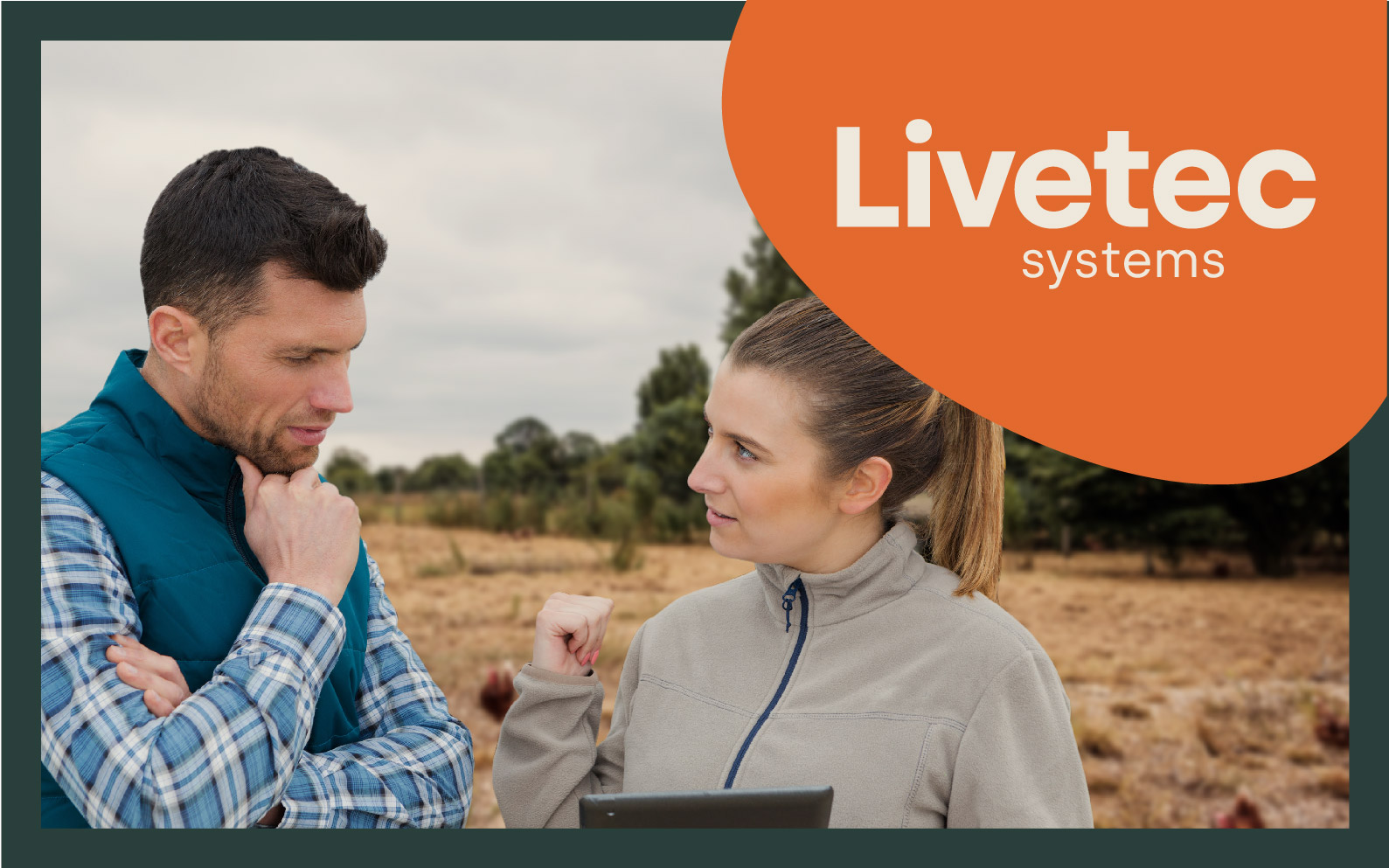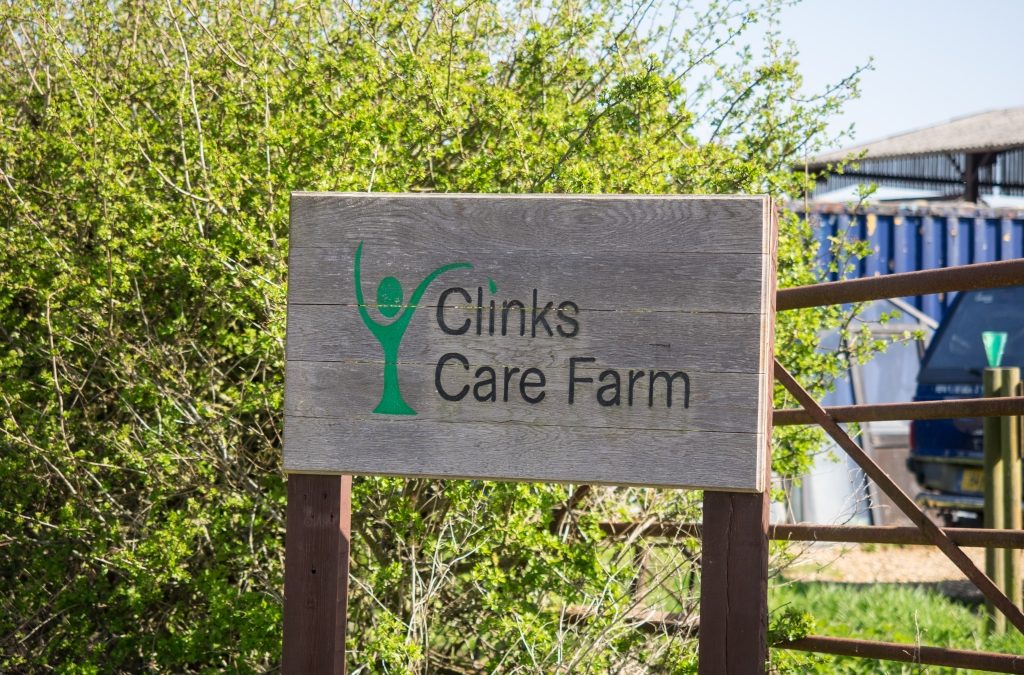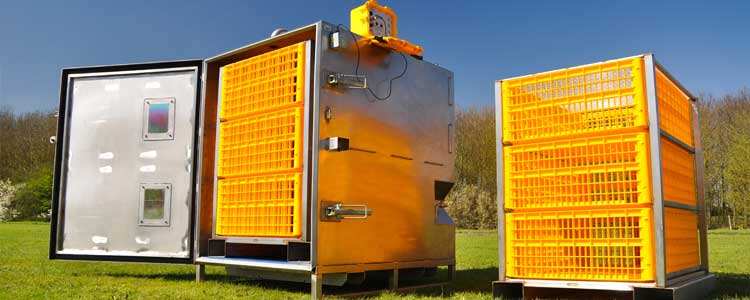As a thought leader in biosecurity, we talk a lot about the importance of protecting your business through the adoption and implementation of industry best practices. We do this to reduce the risk of an outbreak and minimise the spread of infectious disease around your farm should an outbreak occur. Yet, adoption rates remain low.
Why?
Firstly, it’s naturally challenging to transform pre-existing, learnt, habitual behaviours. Many farmers have spent years – even decades – developing practices with the aim of driving the best results for their business, and are reluctant to change. But there’s another reason: farmers aren’t always able to see the change that’s needed. They’re too close.
Livetec has years of experience working closely with farmers to restore ‘business as usual’ status following a devastating outbreak. The relationship that farm workers have with their livestock and land is evident. Farmers are emotionally connected. Following the 2001 Foot And Mouth outbreak, even the most’ hardened farmers’ were found ‘in a state of numbness and may have shed a tear.
Sometimes, it’s hard to see the wood for the trees; it’s hard to see that what’s lacking in your biosecurity practices could be leaving your business at risk.
Advanced biosecurity isn’t something that can be overlooked. For example, research suggests that the ability of Human Campylobacteriosis to colonise poultry could be reduced by a third when birds are raised under improved biosecurity conditions.
Our team of professional, experienced experts is here to help.
Developing Reliable Biosecurity Processes
As an independent partner, we can achieve something that farmers can’t: we can view your business from an outside perspective, enabling us to clearly see where infectious disease could enter your land and how it could spread between farm areas.
Critical aspects that we focus on include:
- Perimeter Control Point (PCP): We ensure that any visitor arriving at this control point is effectively guided to where they need to be, minimising unnecessary travel.
- Ancillary Area Control Point (ACP): We look for pedestrian and vehicle safety protocols, including change areas, sign-in forms and C&D facilities.
- Live Bird Area (LBA): We look for change facilities to enable a swap from site to shed boots, wash facilities, and easy-clean surfaces.
- Surroundings: We use dynamic mapping techniques to highlight high-risk locations and possible vulnerabilities.
- Employees: We offer training for both new and existing employees.
- Pest Control: We support farmers in their efforts to reduce unwanted guests through improved cleanliness and weed control.
- Technology: We believe that the right technological solutions such as digital boot tagging, access cards, CCTV, and automated wheel washes are vital to developing a reliable biosecurity strategy with minimal need for human input.
- Cleansing & Disinfection: We work with farmers to develop safe, effective processes.
- Contingency Planning: It’s vital that should the worst happen, farmers have expert contingency plans in place to aid recovery.
Developing a reliable and professional biosecurity strategy will involve both time investment and financial investment. However, studies have found that the time involved in implementing and maintaining biosecurity measures accounts for just 8% of total work time on meat-producing poultry farms and only 5% on egg-laying farms. Additionally, the cost of biosecurity is believed to be just 1.2% of all farm expenses, making it no more expensive than the cost of veterinary services.
Be Proactive About Your Future
Disease doesn’t just appear on farms during epidemics. Anything from contact with a domestic parrot to a flying visit by a migratory bird can introduce infection.
Robust biosecurity practices are the most effective and efficient way to minimise risk and give your livestock the best chance of survival should an outbreak occur.
The most important thing today’s farmers can do to ensure a bright future for their farm is to take a step back and look at their processes with a fresh pair of eyes. We can help you view your farm from an alternative perspective and understand how you can further reduce risk.
We aim to make biosecurity not just something that’s another task on the to-do list but something that’s deeply ingrained in your operations and culture. We work in collaboration with you to embed sustainable biosecurity processes and protect your business long term.
Get in touch to speak with our team today.
